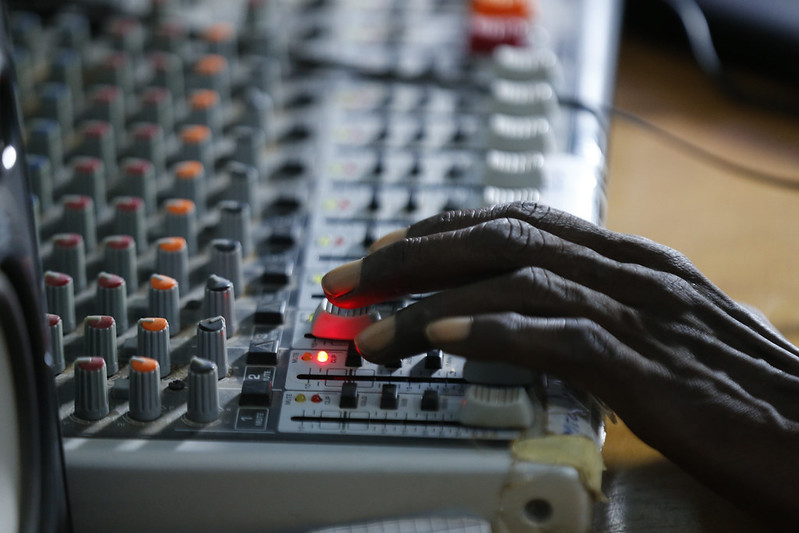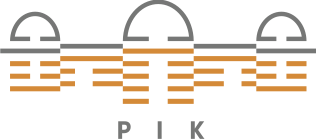AGRICA on Farm Radio: How scientific findings reach smallholder farmers in Burkina Faso and Niger
Too often, valuable scientific results are produced without making it into practice and without reaching their target group. AGRICA seeks to bridge this gap by making use of innovative communication formats and by partnering with organizations which have long-standing on-the-ground experience. One such organization is Farm Radio International (FRI), which is an NGO focused on providing advice to African farmers via the radio. Currently, FRI is active in 41 countries across Africa and via more than 1,000 radio stations on the continent.
Together, AGRICA and FRI took the scientific findings from two recent climate risk analyses conducted in Burkina Faso and Niger and developed radio scripts from these analyses. While the analyses are in-depth reports available in English and French, the radio scripts contain only the most important information for smallholder farmers – and they are translated into local languages, for example, into Fulfulde, Hausa and Zarma in the case of Niger. Furthermore, the scripts are designed as a two-host discussion and are publicly available so that radio hosts, journalists and anyone interested in easy-to-understand scientific results can access these scripts and share them with their audiences.
In this way, the scientific results produced in the AGRICA project have the chance to reach a large number of farmers, which is reflected in the rapid distribution of the radio scripts in Burkina Faso and Niger. For example, in Burkina Faso, the script was distributed via the national Farm Radio WhatsApp group, which has more than 250 members and via email to more than 400 broadcasters of the FRI network. Twelve broadcasters from four radio stations reported to be already using the radio script and to be distributing the findings through different formats like round table discussions, interviews, vox pops and magazines. “I learnt a lot personally, especially about the zaï technique, and afterwards I was able to produce an agricultural programme that met the farmers’ expectations,” one broadcaster told the FRI team.



